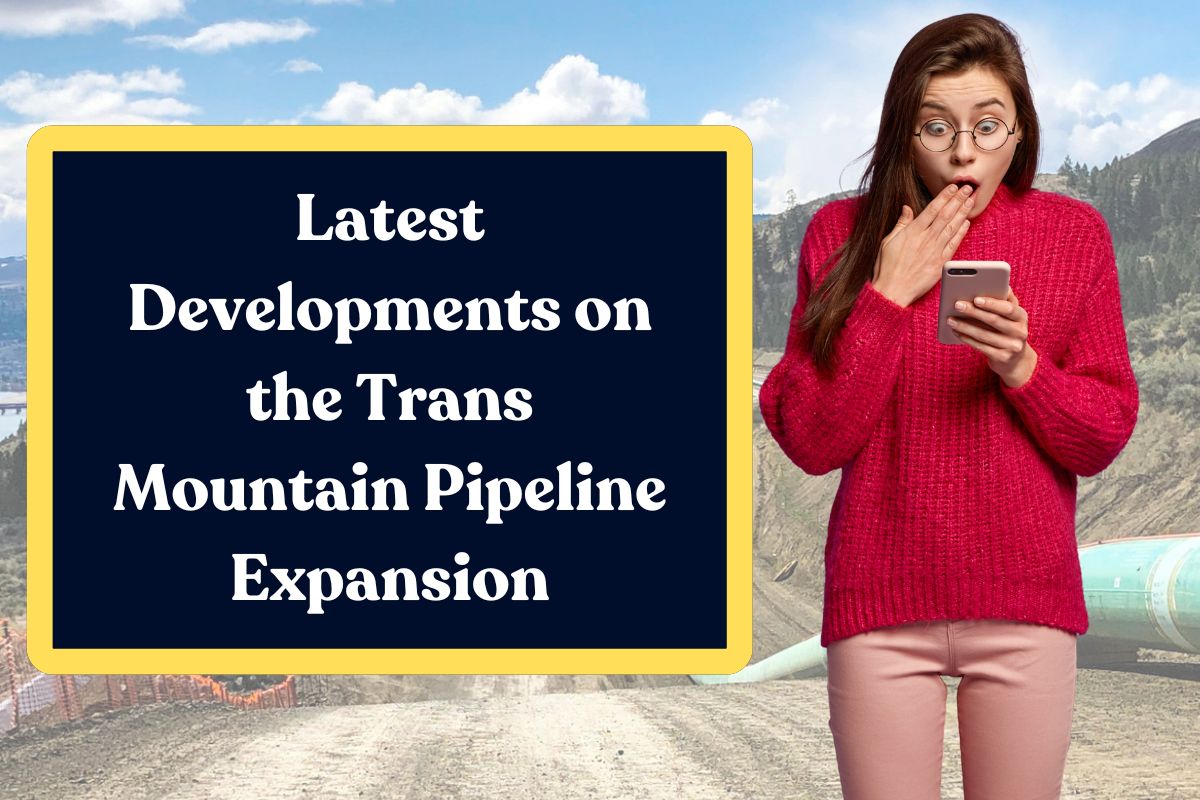In today’s fight against climate change, pipelines have become a symbol of the fossil fuel industry’s persistence. But behind every pipeline project is a largely invisible force keeping it alive, insurance companies. Without insurance, pipelines can’t secure financing, begin construction, or continue operations. This gives insurers immense control over the direction of global energy infrastructure.

So, who exactly is backing these projects? Why are some insurers under increasing fire? And how is public pressure beginning to shift the dynamics? Let’s explore the world of insurance companies underwriting pipelines, and the stakes for our climate future.
Why Insurance Matters for Pipelines?
You must understand that the pipeline projects are the big buck projects. So even before a pipe is laid or a valve turned on, the whole project must be insured. Now the insurance protects the project from the risks associated with the environmental damage, accidents, lawsuits, and natural disasters.

Without proper insurance coverage, the financial institutions will refuse to invest and regulators will not issue any block permits. So, in order to stop such projects the climate advocates argue to stop the insurance to stop the pipeline.
Insurance Companies Backing Pipelines
So, now that you have understood why insurance is very important for pipeline projects, below we have discussed what are the different insurance companies that are currently backing certain pipelines.

1. Lloyd’s of London
Lloyd’s of London isn’t a company but a marketplace for insurers. Now it is a Group of insurers who are currently at top for global energy underwriting, especially for the fossil fuel infrastructure. The Llyod’s syndicate is currently backing up some of the most controversial pipelines such as Beazley, Ascot, and Hiscox.
However, in recent years we have seen that the Lloyd’s have faced immense pressure to drop their fossil fuel projects. Still many syndicates are still continuing to back midstream projects, including oil and gas pipelines.

2. Chubb and AIG
LChubb and American International Group (AIG) are one of the biggest insures of fossil fuel infrastructure in the world. Both of these insurance companies are known for underwriting liquefied natural gas (LNG) export terminals, midstream pipelines, and associated projects. Their major operations are located in the U.S. Gulf Coast region.
In 2024 a report was published by the Public Citizen, that particular report found that more than half of the methane export terminals were backed by Chubb in the Gulf South. Whereas the AIG was covering pipelines worth hundreds of millions of dollars.

3. Liberty Mutual, The Hartford, and Travelers
These all are the insurers based out of the US. They have continued to support various fossil fuel projects despite the heavy criticism from the public. The firms are known for underwriting one of the most controversial projects such as Trans Mountain Expansion in Canada and several Gulf Coast LNG terminals.
The environmental activist coalitions such as Insure Our Future have directly targeted these particular firms through their shareholder campaigns and public protests.
4. European Insurers: Allianz, AXA, Zurich, and Swiss Re
Even though the European insurers have strict climate policies in place there are certain gaps. European companies like AXA and Allianz are actively working towards limiting or ending the insurance for coal projects, they still insure oil and gas pipelines.
Moreover, one of the world’s largest reinsurance companies Swiss Re and Munich Re have also announced that they are also exiting certain fossil fuel projects. However, critics argue that they often still back midstream infrastructure like pipelines indirectly.
Who Insures What?
Now below we will be discussing some of the biggest fossil fuel projects and the companies that are insuring them:
Trans Mountain Expansion (Canada)
Now this particular tar sands pipeline has become a focal point of Canada’s whole climate politics. Many of Lloyd’s syndicates have pulled out, however there are still some insurers such as Liberty Mutual and Beazley that are actively involved in the project.
Over a dozen insurers have cut their ties with this project owing to the pressure from Indigenous groups and environmentalists has led to over a dozen insurers cutting ties with the project.
East African Crude Oil Pipeline (EACOP)
The EACOP pipeline is going to run from Uganda to Tanzania. This particular project has faced some serious backlash on a global level. As of 2025, several big insurers such as Zurich, AXA, and AIG, have refused to back the project following activist campaigns. However, the insurance broker Marsh McLennan has been implicated in efforts to find coverage, sparking ongoing protests.
U.S. LNG Export Terminals
The LNG terminals in the USA that are located in Texas and Louisiana are currently insured by some of the biggest global insurance companies. Companies like Chubb, AIG, Travelers, and The Hartford, are heavily backing this particular project.
This particular infrastructure support directly contributes to U.S. emissions and environmental degradation in communities of color along the Gulf Coast.
The Activist Pressure Campaign
Over the past five years we have seen many campaigns that are actively working towards stopping fossil fuel insurance. Programs like Insure Our Future, Stop the Money Pipeline, and Fridays for Future have actively brought the role of insurance underwriting into the public eye.
The activists argue that the insurers play an important role in enabling the fossil fuel expansion but are majorly overlooked. They are actively targeting the CEOs, shareholders, and corporate events. By doing so the cam
- Pressured insurers to adopt fossil fuel exclusions
- Exposed hidden underwriting relationships
- Rallied communities impacted by oil and gas projects
Insurance companies have long flown under the radar in conversations about climate change, but no more. By providing the financial safety net for pipelines, they make or break fossil fuel expansion.
As activists, consumers, and investors begin to hold insurers accountable, the pressure is on to choose a side: continue underwriting destruction, or help steer the world toward a cleaner, more just future.






